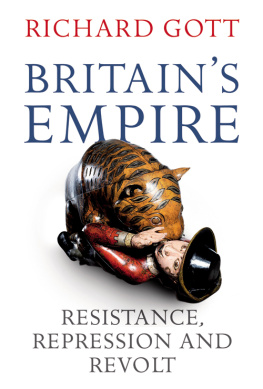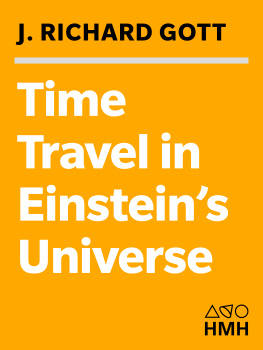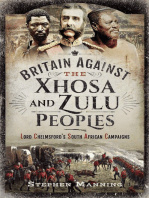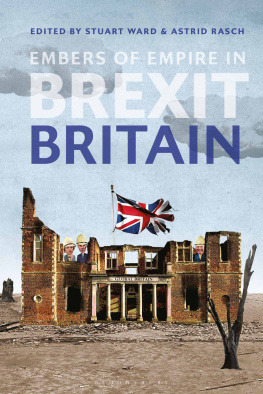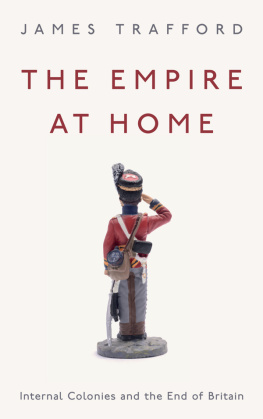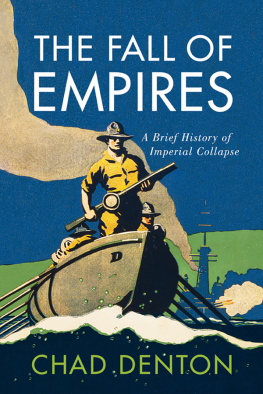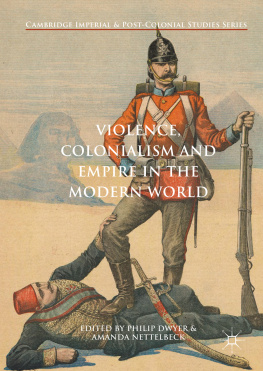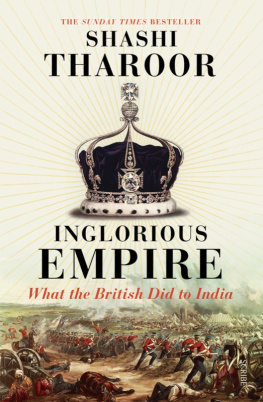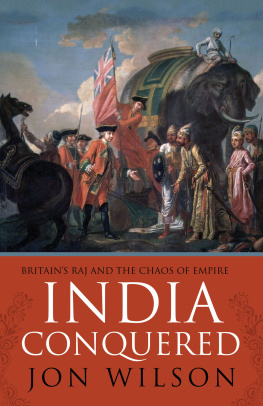Britain's Empire

First published by Verso 2011
Richard Gott 2011
All rights reserved
The moral rights of the author have been asserted
1 3 5 7 9 10 8 6 4 2
Verso
UK: 6 Meard Street, London W1F 0EG
US: 20 Jay Street, Suite 1010, Brooklyn, NY 11201
www.versobooks.com
Verso is the imprint of New Left Books
e-Book ISBN-13: 978-1-84467-892-1
British Library Cataloguing in Publication Data
A catalogue record for this book is available from the British Library
Library of Congress Cataloging-in-Publication Data
A catalog record for this book is available from the Library of Congress
Typeset in Minion Pro by Hewer UK Ltd, Edinburgh
Printed in Sweden by ScandBook AB
Contents
Introduction
Just over a century ago, in 1908, Henrietta Elizabeth Marshall published a large illustrated book for children called Our Empire Story. Within its covers were tales of India and the greater colonies, then defined as Canada, Australia, New Zealand and South Africa, and the book included evocative colour illustrations by J. R. Skelton. For the children of Empire, for much of the twentieth century, this work provided all that they were ever to know about the history of the world they lived in. Sound, if partial, history, and easy to read, it had a profoundly influential impact.
Henrietta Marshall told the story from an imperial perspective. For the most part, she took no notice of the existence of the various native populations that the empire-builders encountered, though her thumbnail sketches of the inhabitants of southern Africa were clearly designed to summon up a tiny frisson in the mind of her young readers. They were, she wrote, very wild and ignorant They hated each other and were constantly at war, and some of them, it was said, were cannibals.
A distinguished popular historian and a woman of her time, Henrietta Marshall was proud of the British Empire. Yet she was also aware of a downside to her tale. The stories are not always bright, she wrote. How could they be? We have made mistakes, we have been checked here, we have stumbled there. We may own it without shame, perhaps almost without sorrow, and still love our Empire and its builders.
Such uncritical expressions of affection, seen from the perspective of a century later, are difficult to justify. Descendants of the empire-builders and of their formerly subject peoples now share the small island whose inhabitants once sailed away to change the face of the world. A history of empire today must take account of two imperial traditions, that of the conquerors and that of the conquered. Traditionally, that second tradition has been conspicuous by its absence. One purpose of this book is to provide a balance to the version of events published in older histories of Empire.
The creation of the British Empire caused large portions of the global map to be tinted a rich vermilion. Although not meant that way, the colour turned out to be peculiarly appropriate, for Britain's Empire was established, and maintained for more than two centuries, through bloodshed, violence, brutality, conquest and war. Not a year went by without the inhabitants of Empire being obliged to suffer for their involuntary participation in the colonial experience. Slavery, famine, prison, battle, murder, exterminationthese were their various fates.
Wherever the British sought to plant their flag, they met with opposition. In almost every colony they had to fight their way ashore. While they could sometimes count on a handful of friends and allies, they never arrived as welcome guests, for the expansion of empire was invariably conducted as a military operation. The initial opposition continued off and on, and in varying forms, in almost every colonial territory until independence. To retain control, the British were obliged to establish systems of oppression on a global scale, both brutal and sophisticated. These in turn were to create new outbreaks of revolt.
Yet the subject peoples of Empire did not go quietly into history's good night. Underneath the veneer of the official record exists another, rather different, story. Year in, year out, there was resistance to conquest, and rebellion against occupation, often followed by mutiny and revoltby individuals, groups, armies and entire peoples. At one time or another, the British seizure of distant lands was hindered, halted, and even derailed by the vehemence of local opposition.
A high price was paid by the British involved. Settlers, soldiers, convictsthose people who freshly populated the Empirewere often recruited to the imperial cause as a result of the failures of government in the British Isles. These involuntary participants bore the brunt of conquest in faraway continentsdeath by drowning in ships that never arrived, death by the hands of indigenous peoples who refused to submit, death in foreign battles for which they bore no responsibility, death by cholera and yellow fever (the two great plagues of Empire).
Many of the early settlers and colonists had been forced out of Scotland by the Highland Clearances, in which avaricious landlords replaced peasants with sheep. Many were driven from Ireland in a similar manner, escaping from centuries of continuing oppression and periodic famine. Convicts and political prisoners were sent to far-off gulags for minor infringements of draconian laws. Soldiers and sailors were press-ganged from the ranks of the unemployed.
Then, tragically, and almost overnight, many of the formerly oppressed became themselves, in the colonies, the imperial oppressors. White settlersin the Americas, Australia, New Zealand, South Africa, Canada, Rhodesia and Kenyasimply took over land that was not theirs, often slaughtering, and even purposefully exterminating, the local indigenous population as if they were vermin.
The British Empire was not established, as some of the old histories liked to suggest, in virgin territory. Far from it. In some places that the British seized to create their empire, they encountered resistance from local people who had lived there for centuries or, in some cases, since time began. In other regions, notably at the end of the eighteenth century, lands were wrenched out of the hands of other competing colonial powers that had already begun their self-imposed task of settlement. The British, as a result, were often involved in a three-sided contest. Battles for imperial survival had to be fought both with the native inhabitants and with already existing settlersusually of French or Dutch origin. This was particularly true in the West Indies in the 1790s, where freed slaves and slaves in revolt, Maroons and Caribs, linked up with French Republicans in attempts to curb the overweening ambition of the British to put the clock back.
None of this has been, during the sixty-year post-colonial period since 1947, the generally accepted view of the Empire in Britain. The British understandably try to forget that their Empire was the fruit of military conquest and of brutal wars involving physical and cultural extermination. Although the Empire itself, at the start of the twenty-first century, has almost ceased to exist, there remains an ineradicable tendency to view the imperial experience through the rose-tinted spectacles of heritage culture.
A self-satisfied and largely hegemonic belief survives in Britain that the Empire was an imaginative, civilising enterprise, reluctantly undertaken, that brought the benefits of modern society to backward peoples. Indeed it is often suggested that the British Empire was something of a model experience, unlike that of the French, the Dutch, the Germans, the Spaniards, the Portugueseor, of course, the Americans. There is a widespread opinion that the British Empire was obtained and maintained with a minimum degree of force and with maximum cooperation from a grateful indigenous population.

